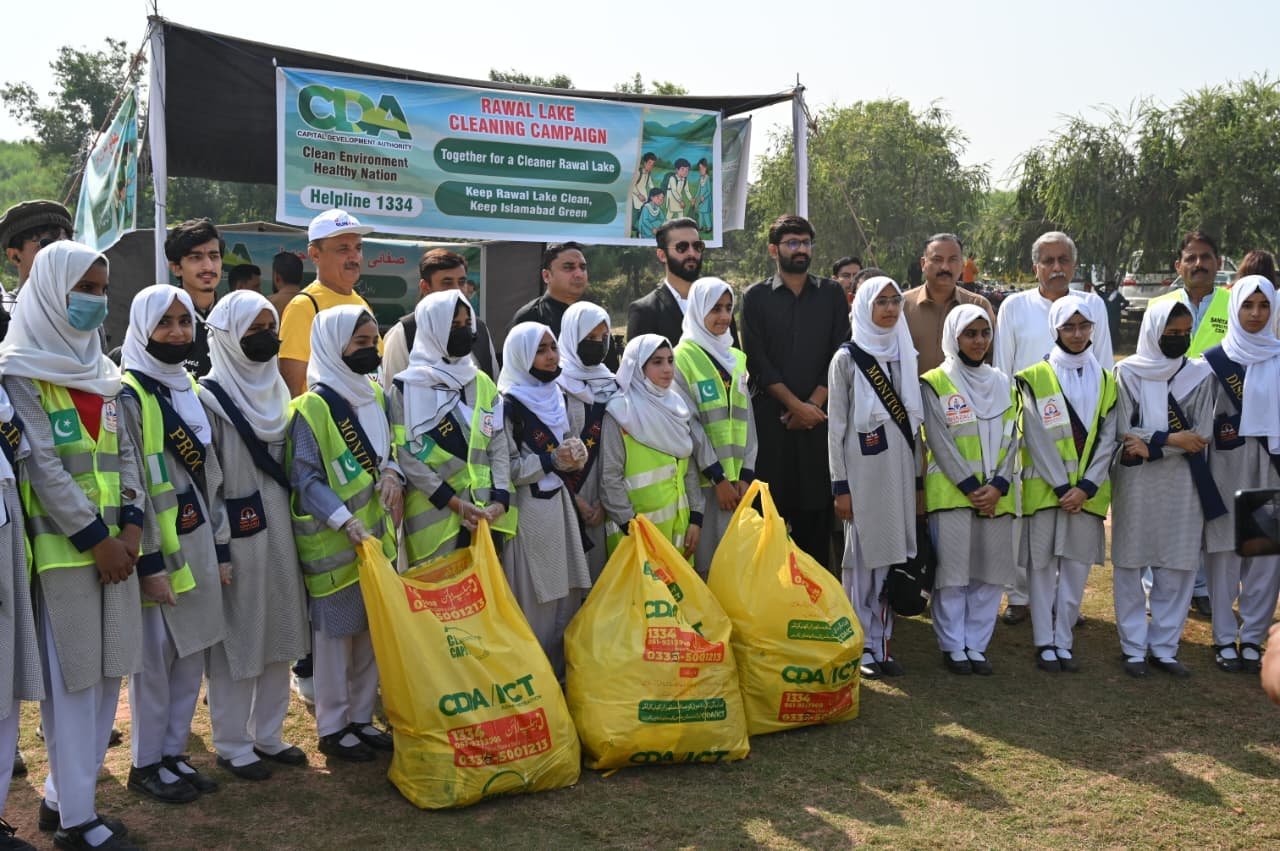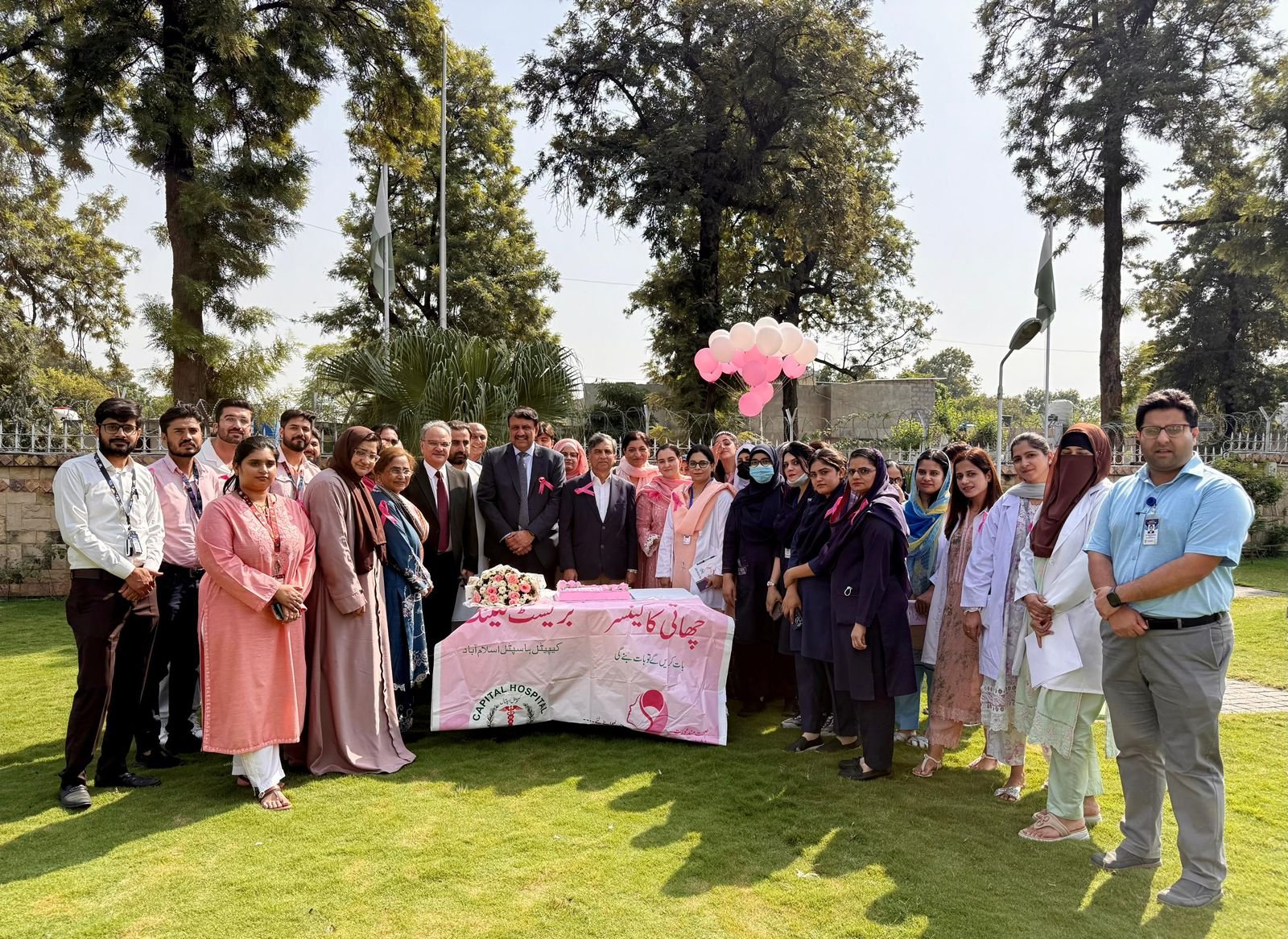Alveena Javed
The unchecked proliferation of newer nicotine products, such as e-cigarettes and vapes, poses a significant public health challenge in Khyber Pakhtunkhwa, especially for women and girls. Marketed as “safer” alternatives to traditional cigarettes, these products exploit cultural and social dynamics by offering a discreet and socially acceptable means of nicotine use. Unlike conventional cigarettes, e-cigarettes and vapes are designed with sleek packaging, pleasant aromas, and smoke-free mechanisms, making them easy to use without drawing attention. This design, coupled with targeted marketing strategies, has made it easier for women and girls to fall prey to the appeal of these products, often without realizing the severe health risks involved.
The tobacco industry has aggressively targeted women and girls through manipulative marketing tactics, including the use of social media influencers, glamorous advertisements, and enticing flavors like mint, vanilla, and fruit blends. These campaigns portray vaping as trendy, empowering, and harm-free, deliberately misleading young people into believing these products are safe. For women and girls in particular, the ability to use these products discreetly, without the stigma traditionally associated with smoking, has made them even more susceptible. However, e-cigarettes and vapes are far from harmless. They carry significant health risks, including addiction, lung damage, and cardiovascular issues, which are often downplayed by the industry in its pursuit of profit.
This emerging trend is not just a health crisis but also a social concern, as it normalizes nicotine use among women and girls—a demographic historically less exposed to tobacco products. The vulnerability of women and girls to such tactics is compounded by societal pressures and a lack of awareness about the dangers of nicotine addiction. Many fall prey to these products as a means of stress relief or as a way to align with modern lifestyles, unaware of the long-term consequences for their health and well-being.
Addressing this issue requires immediate and decisive action. Strict regulation of the marketing, sale, and distribution of e-cigarettes and vapes is crucial. This includes banning advertisements targeting women and young people, restricting the availability of flavored nicotine products, and implementing stringent controls on online sales to prevent access by minors. Public awareness campaigns are also essential to educate women, girls, and their families about the health risks of these products and to expose the manipulative practices of the tobacco industry. Schools and colleges can play a pivotal role by introducing educational programs that inform students about the dangers of nicotine use and the tactics employed by the industry to target them.
Policymakers, community leaders, and health advocates must also collaborate to protect public health policies from tobacco industry interference by enforcing frameworks like Article 5.3 of the Framework Convention on Tobacco Control (FCTC). Empowering women and girls through education, mental health support, and alternative coping mechanisms can further reduce their vulnerability to these products.
Without urgent intervention, the increasing use of newer nicotine products among women and girls in Khyber Pakhtunkhwa could have long-lasting repercussions on public health. It threatens to undo years of progress in tobacco control and places an additional burden on an already strained healthcare system. The time to act is now, to safeguard the health and future of the province’s women and girls and to ensure that public health interests take precedence over corporate profits.









